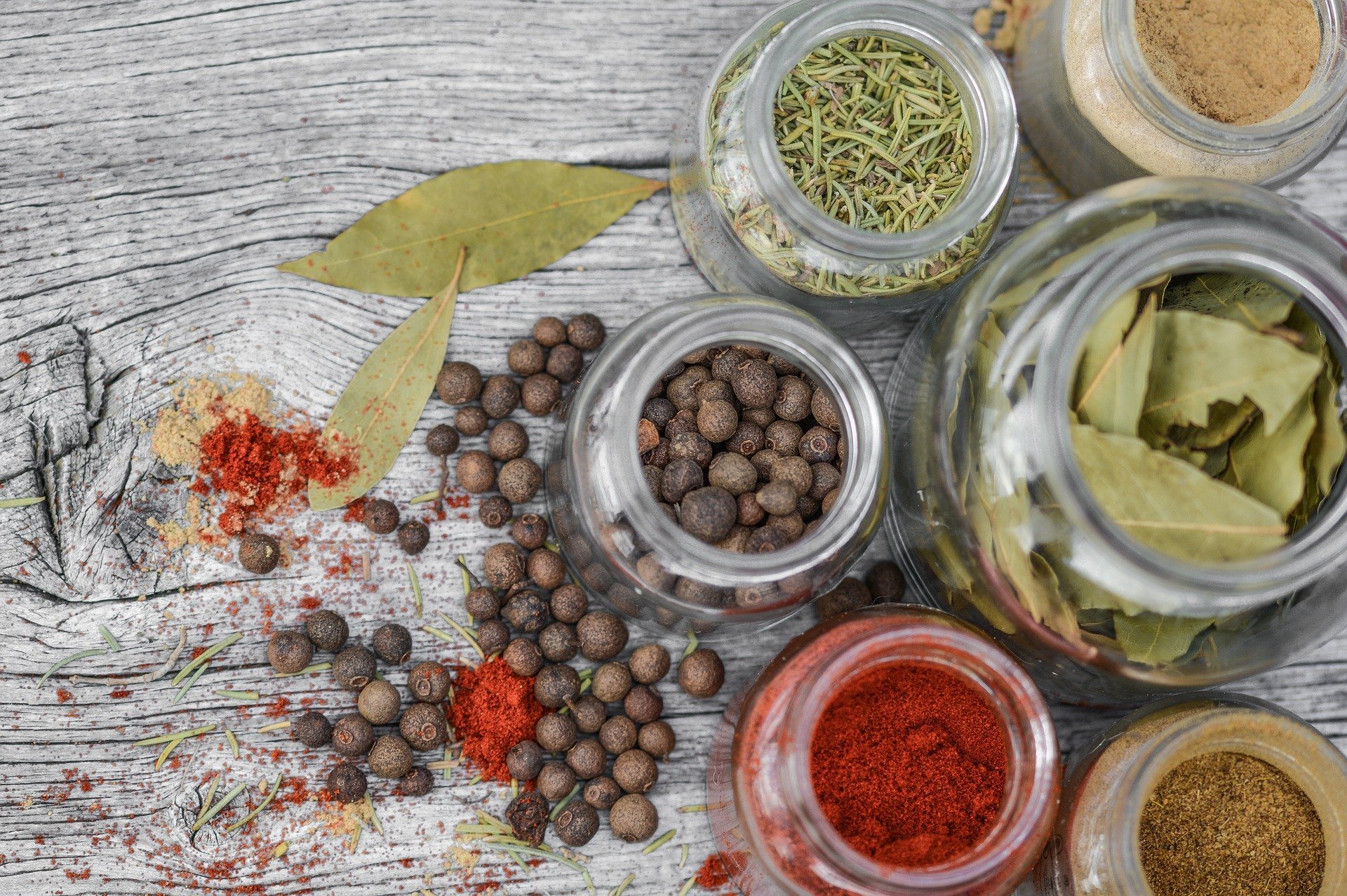
In Stock
Buy Wholesale Bugleweed Herb
Lycopus europaeus
Part of the Lamiaceae family, bugleweed (Lycopus europeus) is native to Asia and Europe and has since spread to parts of North America. Known for its purple-blue flowers – which appear between May and September – Bugleweed has been used in herbal medicine for centuries. It has developed a number of alternative nicknames in that time, including Gypsywort, Green Wolf’s Foot and Water Bugle. To place an order of wholesale Bugleweed herb, please enquire today using the form below.
How is it used?
Bugleweed is most commonly used to treat cases of hyperthyroidism. It’s believed that the herb restricts the body’s natural production of the thyroid hormone, gradually reducing symptoms of the condition.
Over the years, Bugleweed has also been used to treat a variety of other ailments, from coughs to breast pain and bleeding. Because it contains a variety of flavonoids and tannins, Bugleweed remains a popular herbal remedy to this day.
Historical uses of bugleweed herb
Bugleweed originated in Europe but is native to North America. It is typically found in areas east of the Mississippi River. Interestingly, the plant belongs to the mint genus but doesn’t smell very potently of mint. Historically, bugleweed was used as part of Old Europe’s folk medicine. Later on, it was used by the early American herbalists as a sedative, a cough remedy and to help heart palpitations. In the 14th century, bugleweed was used to treat a condition called “consumption”, which was known as a wasting disease caused by starvation from pulmonary tuberculosis.
May have anti-anxiety effects
It may help those who suffer from stress and anxiety. The anti-anxiety properties may also promote a healthier heart by preventing chronic stress that can lead to heart palpitations and arrhythmias.
May treat wounds quickly
Applying it topically to small cuts and wounds may promote rapid healing. The antioxidant and anti-inflammatory effects of the the herb may also promote cell growth, prevent infection, and reduce pain and inflammation.
Ethical in every way
Our relationships with our people, our suppliers, our customers and our environment are ethically as well as commercially sound. Because most of our products are naturally grown material, our support for sustainability is inherent.
Disclaimer
All of our content is researched and reviewed by our experts. While we, Joseph Flach & Sons Ltd, do not make use of our products for health, beauty or other recreations such as brewing or distilling; our clients do. Please ensure that any products you buy from us are suitable and safe to use in your stock. We do not accept liability around the suitability of our products in any end-use.
Have a question? Contact Us By Email [email protected]



